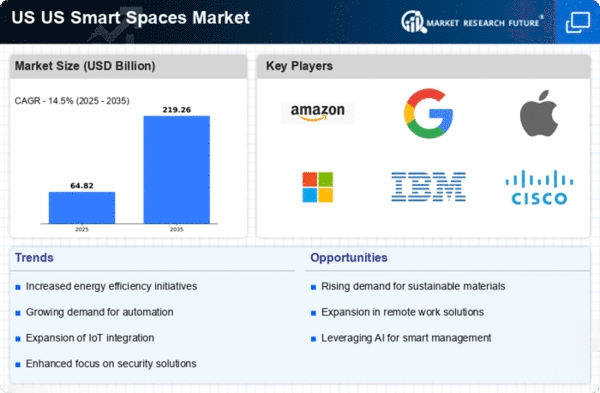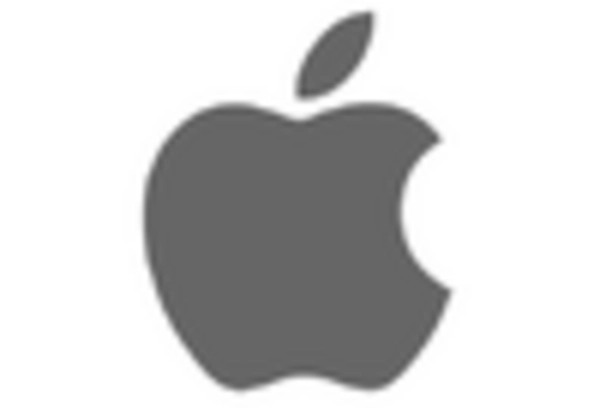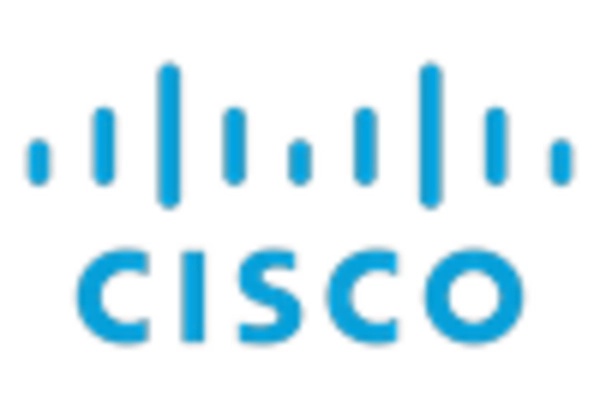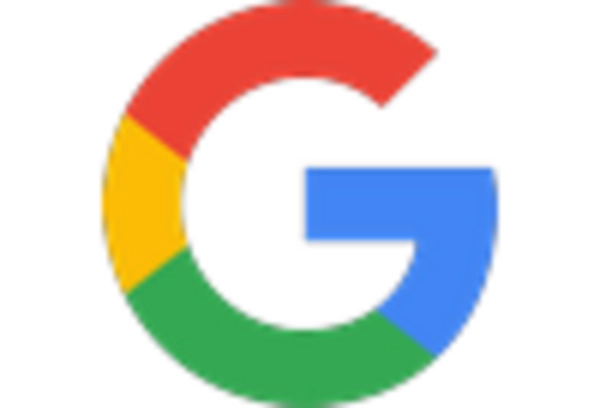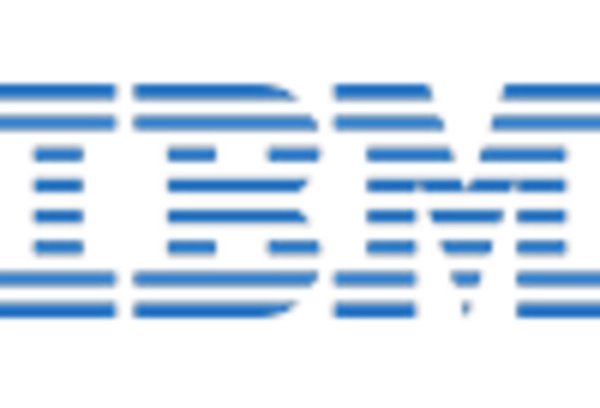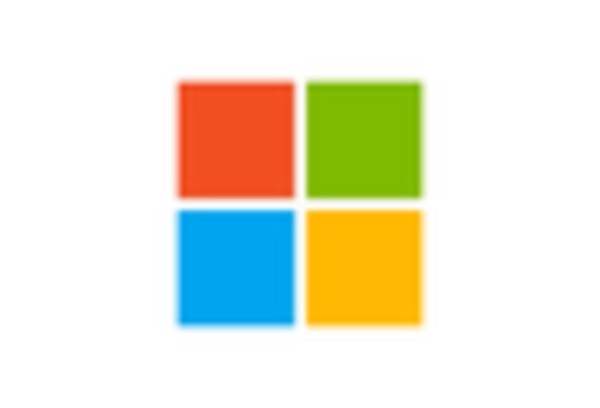Growing Demand for Energy Efficiency
The US Smart Spaces Market is experiencing a notable surge in demand for energy-efficient solutions. As energy costs continue to rise, consumers and businesses alike are increasingly seeking smart technologies that optimize energy consumption. According to recent data, energy-efficient buildings can reduce energy use by up to 30 percent, which is a compelling incentive for stakeholders. This trend is further supported by government initiatives aimed at promoting energy efficiency, such as tax incentives and rebates for smart technology installations. Consequently, the integration of smart meters, automated lighting, and HVAC systems is becoming commonplace, driving growth in the US Smart Spaces Market. The potential for significant cost savings and reduced environmental impact positions energy efficiency as a primary driver in this evolving market.
Advancements in IoT and AI Technologies
The integration of Internet of Things (IoT) and Artificial Intelligence (AI) technologies is transforming the US Smart Spaces Market. These advancements enable the development of interconnected systems that enhance operational efficiency and user experience. For instance, smart sensors can monitor environmental conditions in real-time, allowing for automated adjustments that improve comfort and reduce energy consumption. The market for IoT devices in smart spaces is projected to reach USD 100 billion by 2026, indicating robust growth potential. Furthermore, AI algorithms can analyze data collected from these devices to optimize building management systems, leading to smarter decision-making. As these technologies continue to evolve, they are likely to play a pivotal role in shaping the future of the US Smart Spaces Market.
Regulatory Support and Government Initiatives
The US Smart Spaces Market is bolstered by a favorable regulatory environment and government initiatives aimed at promoting smart technologies. Federal and state governments are increasingly recognizing the importance of smart spaces in achieving sustainability goals and enhancing quality of life. Programs such as the Energy Efficiency and Conservation Block Grant Program provide funding for smart technology projects, encouraging adoption at various levels. Additionally, regulations mandating energy efficiency standards for buildings are driving the integration of smart solutions. This supportive framework not only fosters innovation but also attracts investment in the US Smart Spaces Market, creating a conducive environment for growth and development.
Increased Urbanization and Smart City Initiatives
Urbanization trends in the United States are driving the growth of the US Smart Spaces Market. As more people migrate to urban areas, the demand for smart city solutions that enhance living conditions and streamline urban management is escalating. Cities are increasingly adopting smart technologies to address challenges such as traffic congestion, waste management, and public safety. For example, initiatives like the Smart City Challenge encourage municipalities to develop innovative solutions that leverage technology for improved urban living. The US Smart Spaces Market is poised to benefit from these initiatives, as they create opportunities for the deployment of smart infrastructure and services. This urban-centric focus is likely to propel market growth in the coming years.
Rising Consumer Awareness and Demand for Smart Solutions
Consumer awareness regarding the benefits of smart technologies is on the rise, significantly impacting the US Smart Spaces Market. As individuals become more informed about the advantages of smart solutions, such as enhanced convenience, security, and energy savings, demand is expected to increase. Surveys indicate that a substantial percentage of consumers are willing to invest in smart home technologies, with the market projected to grow at a compound annual growth rate of over 25 percent in the next few years. This growing consumer interest is prompting manufacturers and service providers to innovate and expand their offerings, thereby driving competition within the US Smart Spaces Market. The interplay between consumer demand and technological advancements is likely to shape the future landscape of this market.


